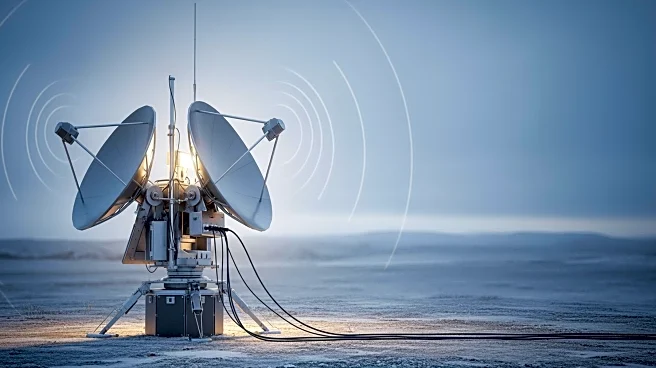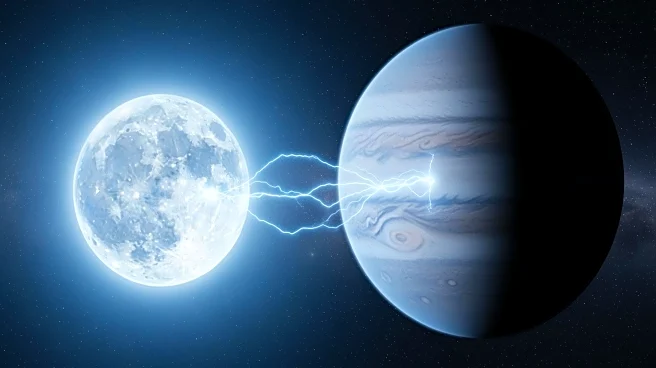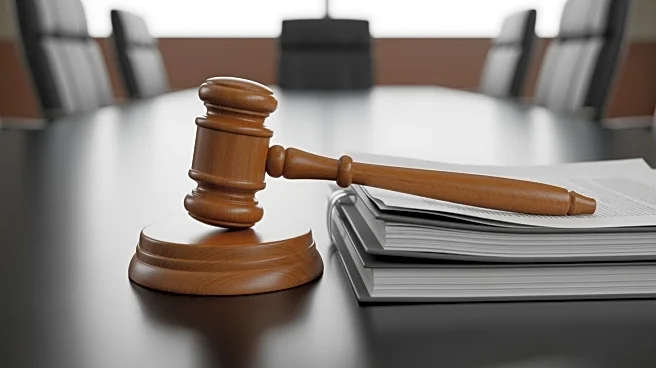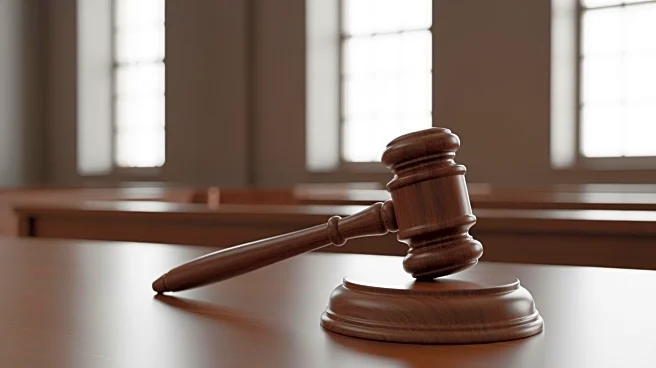Rapid Read • 8 min read
Jim Harbaugh, currently the head coach of the Los Angeles Chargers, has been handed a 10-year 'show cause' order by the NCAA. This decision stems from an investigation into the Connor Stalions advance scouting scandal during Harbaugh's tenure at Michigan. The penalty effectively bars Harbaugh from returning to college coaching, as any NCAA institution hiring him would need to justify why it should not face sanctions. The NCAA cited Harbaugh's failure to enforce compliance and a contentious relationship with Michigan's compliance office as reasons for the ruling. While Michigan avoids a postseason ban, it will face financial penalties and recruiting restrictions.
AD
The NCAA's ruling has significant implications for both college football and the NFL. Harbaugh's inability to return to college coaching impacts his career trajectory and the potential hiring strategies of NCAA schools. The decision also highlights the NCAA's stance on compliance and its willingness to impose severe penalties. For the NFL, the situation raises questions about whether the league will take action against Harbaugh, as it has in past cases involving NCAA sanctions. This could set a precedent for how professional leagues handle NCAA-related discipline.
The NFL has yet to comment on whether it will impose any penalties on Harbaugh, similar to past actions against individuals transitioning from college to professional sports. The league's response could influence future cases where NCAA sanctions are involved. Meanwhile, Harbaugh's focus remains on his role with the Chargers, but the NCAA's decision may prompt further scrutiny of his professional conduct.
The NCAA's ruling underscores the importance of compliance and ethical conduct in collegiate sports. It may lead to increased scrutiny of coaching practices and compliance measures across NCAA programs. Additionally, the decision could influence how professional leagues view and handle NCAA-related issues, potentially affecting the career paths of coaches and players transitioning between college and professional sports.
AD
More Stories You Might Enjoy











